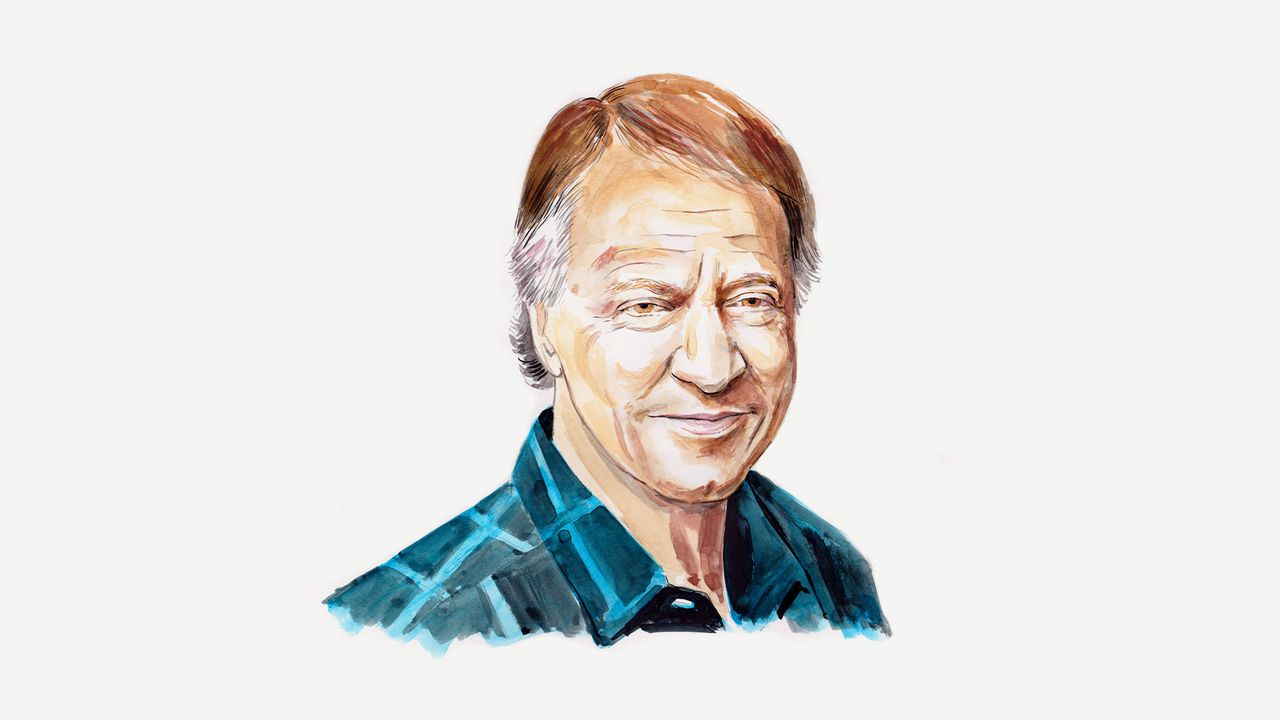Ray Kurzweil on how AI will transform the physical world
The changes will be particularly profound in energy, manufacturing and medicine, says the futurist

BY THE TIME children born today are in kindergarten, artificial intelligence (AI) will probably have surpassed humans at all cognitive tasks, from science to creativity. When I first predicted in 1999 that we would have such artificial general intelligence (AGI) by 2029, most experts thought I’d switched to writing fiction. But since the spectacular breakthroughs of the past few years, many experts think we will have AGI even sooner—so I’ve technically gone from being an optimist to a pessimist, without changing my prediction at all.
Explore more
More from By Invitation

Clearing Ukraine’s mines is crucial for global food security, say Howard Buffett and Tony Blair
With the right sort of technology and financing, it needn’t take a century

Mario Draghi outlines his plan to make Europe more competitive
The continent needs investment on a par with the Marshall Plan and a lot more innovation, says the former central banker

Large language models will upend human rituals
The results could be disturbing, argue Marion Fourcade and Henry Farrell
Kamala Harris has good vibes. Time for some good policies
Steven Teles, a political scientist, on the three Ps that the Democratic nominee should focus on
Break the taboos propping up unsustainable debt, pleads a former central banker
Murtaza Syed on overcoming fear of restructuring, cajoling creditors and encouraging the IMF to be candid
Mark Zuckerberg and Daniel Ek on why Europe should embrace open-source AI
It risks falling behind because of incoherent and complex regulation, say the two tech CEOs
